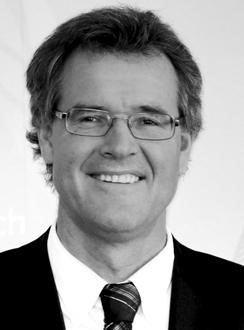The notion of sustainability has been invented in 1713 in Germany. Not by an environmental scientist, but by a tax accountant, Hanns-Carl von Carlowitz. He concentrated on one single purely “disciplinary” issue, forestry, requesting to harvest only as much wood as could be regrown – “sustainable forest management”.
Since his times, the understanding of sustainability has undergone several metamorphoses, culminating so far in the UN Agenda 2030 with its 17 Sustainable Development Goals, based on more than 200 indicators (out of which sustainable forest management is one). One thing all the changes had in common, was the steady extension of the concept, and it is foreseeable that it will continue to expand further, with new themes coming in.
Sustainability is probably the most “interdisciplinary” thing on earth. Politicians, but also scientists struggle with its many facets, all the more as it turns out to be an anything but harmonious subject. It is paved by limitations and trade-offs, different sub goals being at odds with each other.
- Should we increasingly use plants for fuel production or prioritize food for 10-plus billion people?
- Should we push electromobility in Europe or paying more attention to the disastrous effect on the human rights situation in regions where minerals for batteries are exploited?
- How do we change a situation where virtually all countries with an ecological footprint of less than one are populating the lower part of the Human Development Index ladder?
- With these and many other trade-off situations, might it not simply be impossible to ever reach a world as prescribed by the SDGs?
The keynote will not be able to answer this question. However, it will try to give a few reasons (all of them involving more than one scientific discipline!) that the future might not come up as gloomy as it seems.



